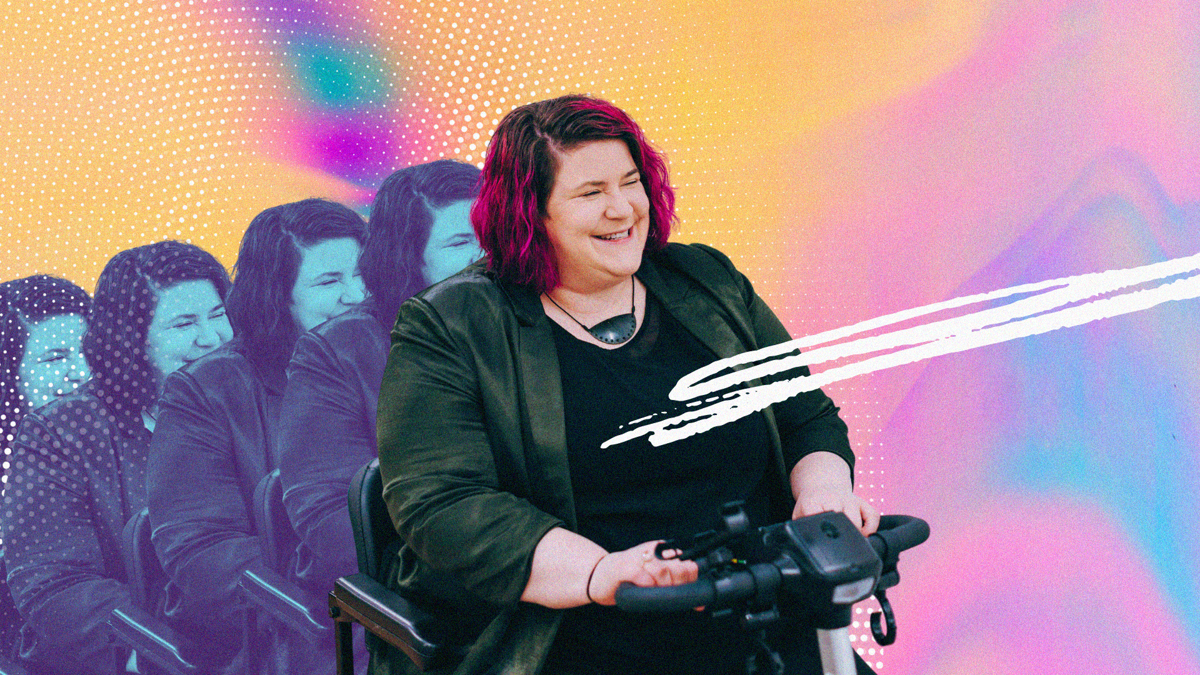Now that the final report has been published, here's a disability-focused summary of what's happened throughout the investigation and what might happen next.


Image description
Prudence Walker has pink hair and wears a black top; she's seated in a mobility scooter and smiles. Her image is in motion; a pink, blue and yellow background behind her. Photo credit: Becki Moss

Now that the final report has been published, here's a disability-focused summary of what's happened throughout the investigation and what might happen next.

A collection of voices from leaders within our communities on how they're feeling about the report and their hopes for the future.

While Whaikaha's funding changes have caused widespread concern, it's finally brought some important issues into the public discourse.